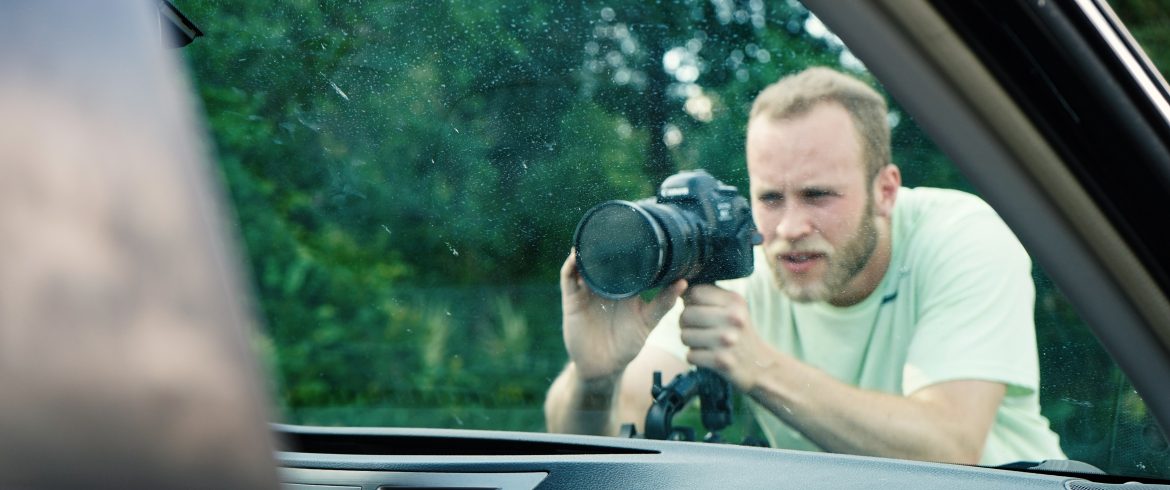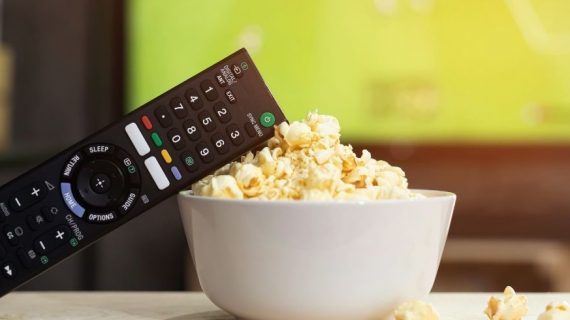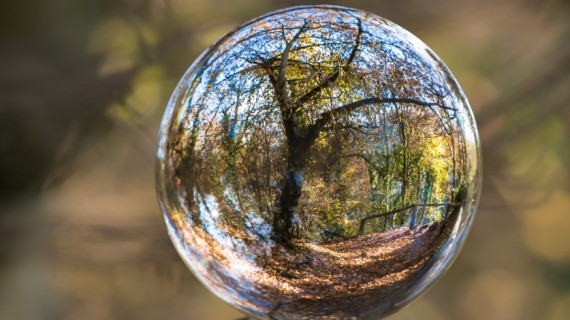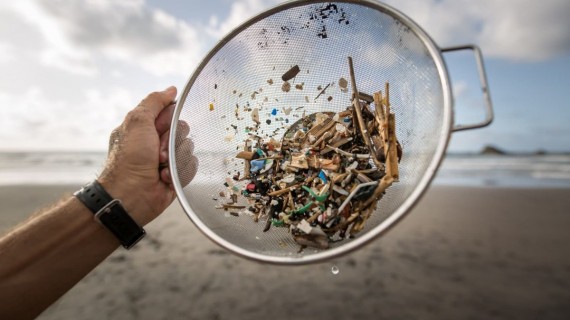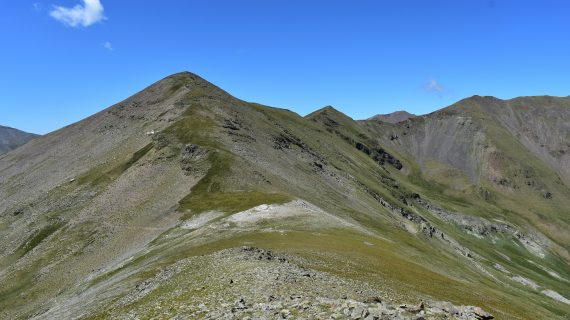This article is about amazing eco-documentaries about sustainability topics that will make you think deeper and, hopefully, start to create a better world.
Over the last few decades, human technology has improved like never before. As time passes by, we can use these new technologies to better understand the world we live in. As a consequence, we acknowledged the tough situation the earth is living.
Climate change, ocean pollution and mass extinction are only some of the problems we have to face to help nature finding a new balance. We should re-think our lives and human society in a more sustainable way.
Minimalism: A Documentary About the Important Things
Nowadays, buying is easier than ever. You just have to order something on your laptop and, in a few days, you have what you wanted. It’s very simple and it often saves time. But do we need what we buy? Think about it, sometimes we just buy stuff to have it, not because we need it or because it means something to us. We are always looking for the newest, the latest, the most advanced, but what happens when it lose this value? We look for the next one.
Through the experience of the minimalists Joshua Fields Millburn & Ryan Nicodemus, the documentary analyzes our society and how consumerism affects us. “You are not gonna get happier by consuming more“, this can be an extreme summary of the documentary. As simple as it may sounds, this sentence can be very valuable for everyone. Sometimes it is better to take some time and think, so enjoy.
One of the tops awarded eco-documentaries: Real Value | Sustainability | Social Entrepreneurship
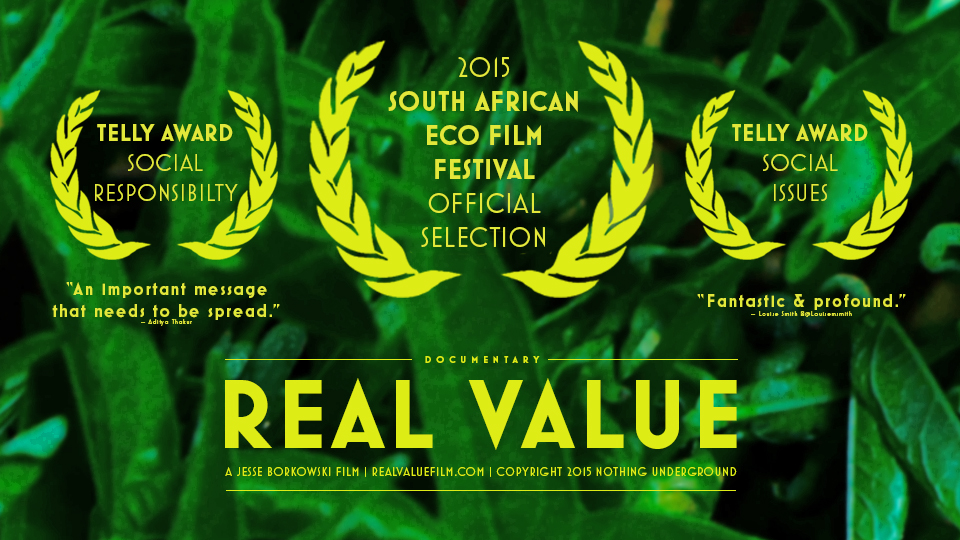
When talking about businesses, we usually use the word “value” to describe the economic feature of this or that company. Of course, this is a one-dimensional interpretation of reality. “Real Value” points out the importance of other dimensions, such as the social and environmental ones.
A company should not only create profit only for itself but also for the community in which it is embedded. It should not damage the environmental fabric of its area, it should protect it. It should because it can.
All the companies displayed in the documentary are great examples of sustainability and social good. They provide organic goods for their customers they offer a healthy work environment to their employees. What makes them different, is their will to do something more than just earn money. These organizations show us that a sustainable alternative to our company model is possible. We, as species, can follow this new direction.
Info: Full Version
Superfoods – is healthy eating just hype? | DW Documentary
The so-called superfoods are foods that are considered to be very healthy. Among the superfoods we can name salmon, quinoa, oatmeal and eggs, which are all very tasty and nutritious.
One of the issues that this eco-documentary wants to discuss, is the environmental and economic impact of the production of superfoods. In particular, they focus on quinoa, which is largely cultivated in Bolivia. You’ll see that the exploitation of quinoa fields in no more sustainable and neither is the production. Often, quinoa farmers struggle to earn enough money for their families. Is there a better way to cultivate quinoa?
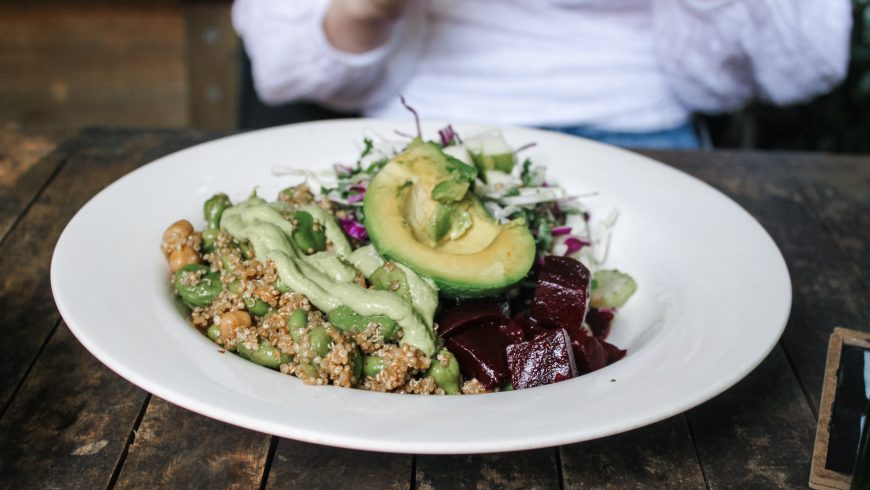
For what concerns European consumers (in this case German ones), the fact that a person eats superfood doesn’t make that person healthier. It’s about all the other things we eat, whether our diet is balanced or not. Sustainable alternatives to superfoods like quinoa exist and they are even km zero.
Info: watch the documentary on YouTube
DOWN to EARTH
Down to Earth is one of the most remarkable eco-documentaries for setting life’s values. A Dutch family travels around the world looking for a deeper awareness of human beings and their ancient connection with nature. They visited people and culture all over the world: from native Americans in Michigan to Kenyan tribes, an indigenous Australian woman, and several others.
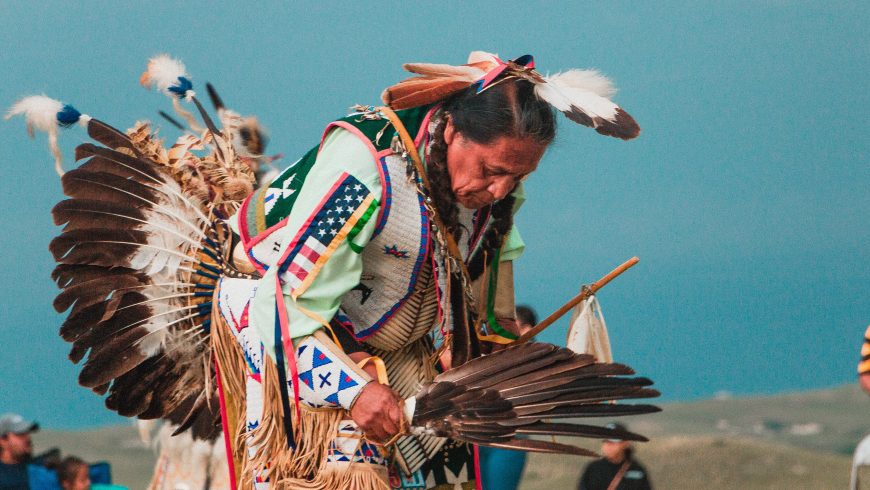
Their hunt for knowledge in these remote places may sound naive but hides the will to comprehend the true link between mankind and nature. The two Dutch parents try to ensure their children and the audience a consciousness that will help them during their whole lives.
Info: Complete film
Fools & Dreamers: Regenerating a Native Forest
Form 1987 Botanist Hugh Wilson has dedicated his life to regenerate a native forest on New Zealand’s Banks Peninsula. Of course, he was not alone. The documentary recalls how Hugh overcame the challenge. From the beginning, the purchase of this area, to the use of gorse, a local infesting plant, to regenerate part of the ancient forest. Many people during these years have asked Hugh why he was restoring the forest. For him, it’s like to ask: “Why should you love your mother“.
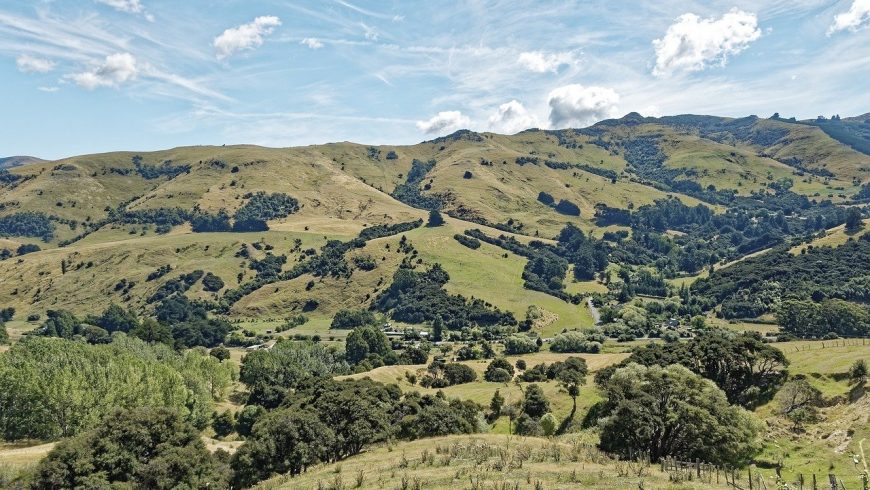
His first goals were conservation and restoration of biodiversity. Every ecosystem is based on balances that shouldn’t be touched. When this happens, the ecosystem can be crucially damaged. But, with our little help, nature can regain the original balance, flourishing and blooming again.
Info: Full Documentary
Cover photo: Kal visuals via Unsplash
